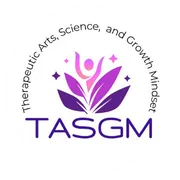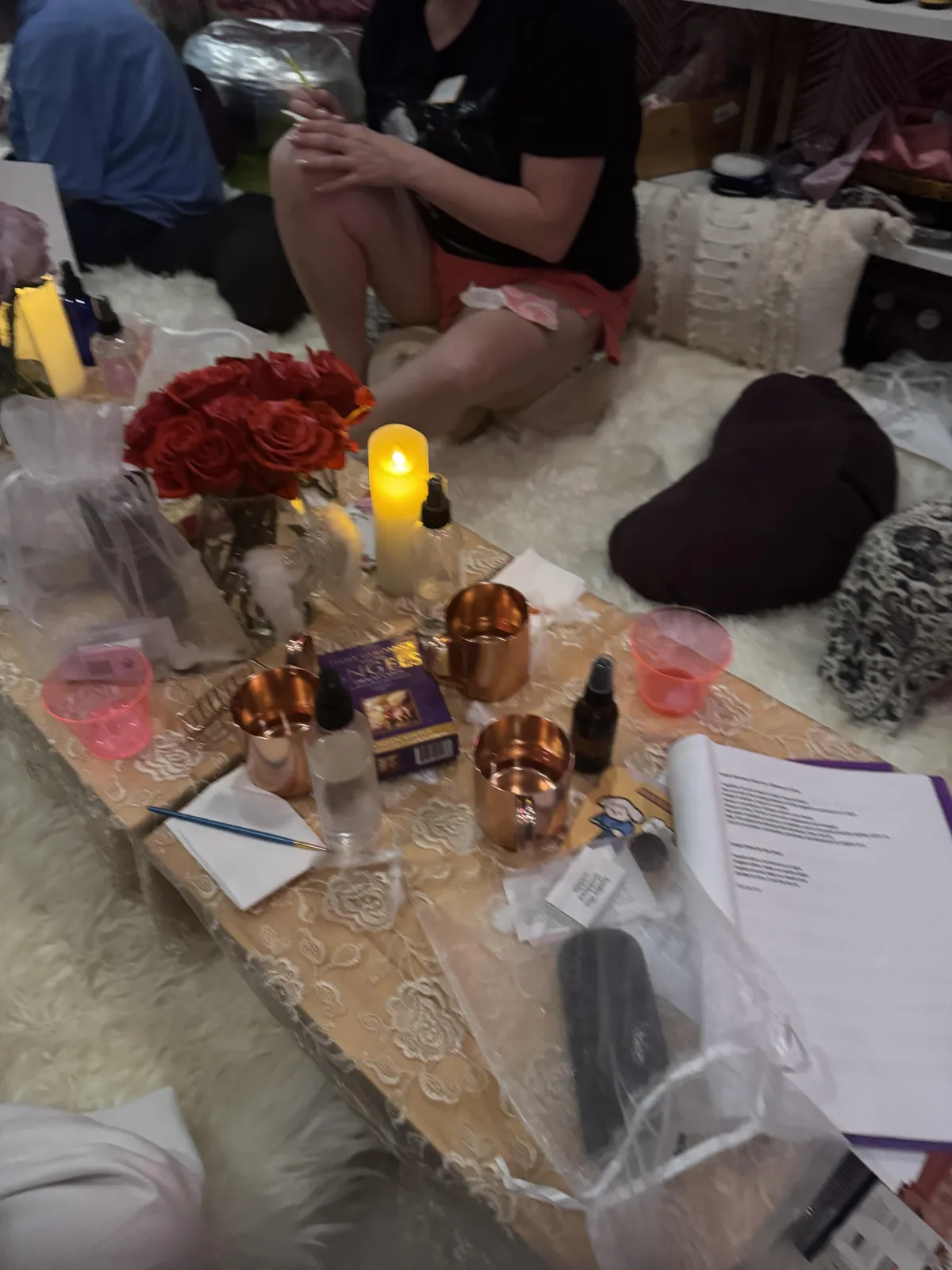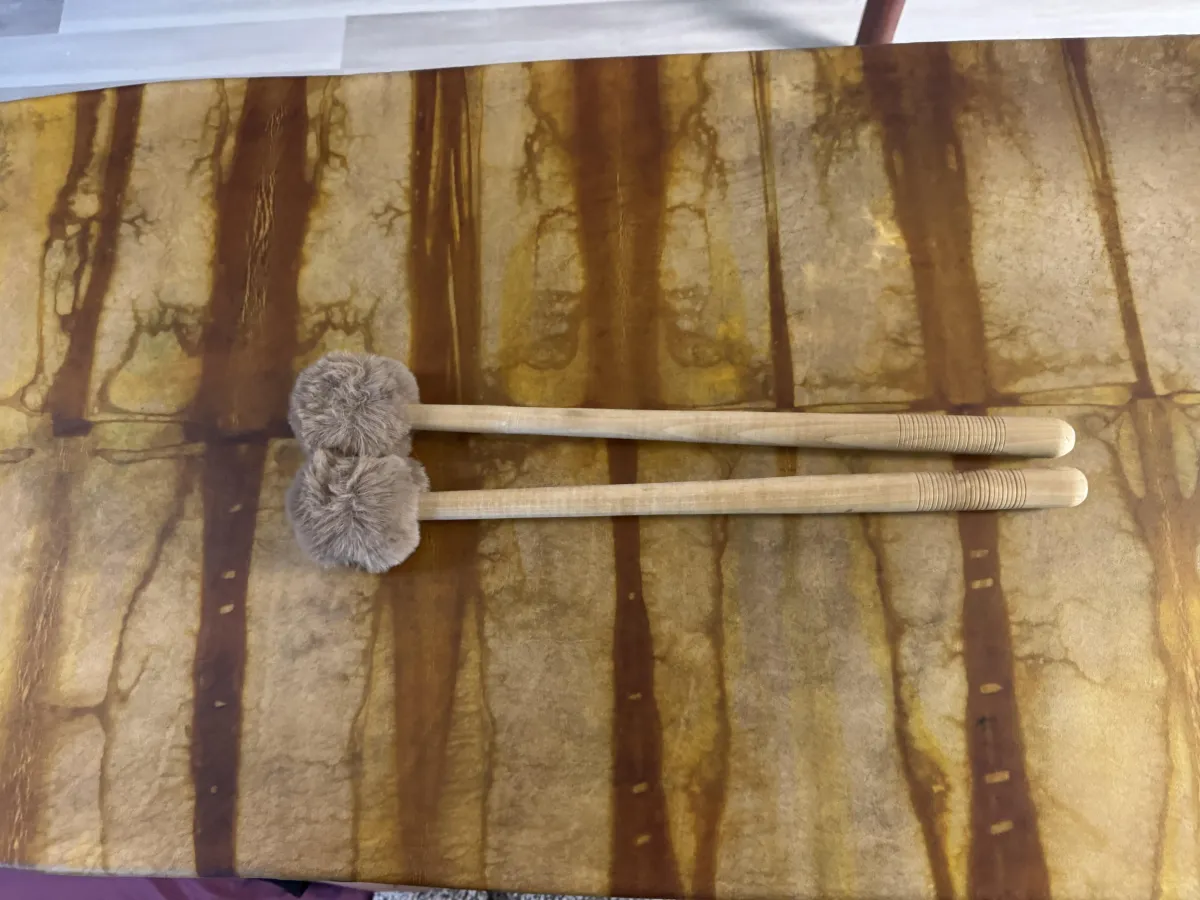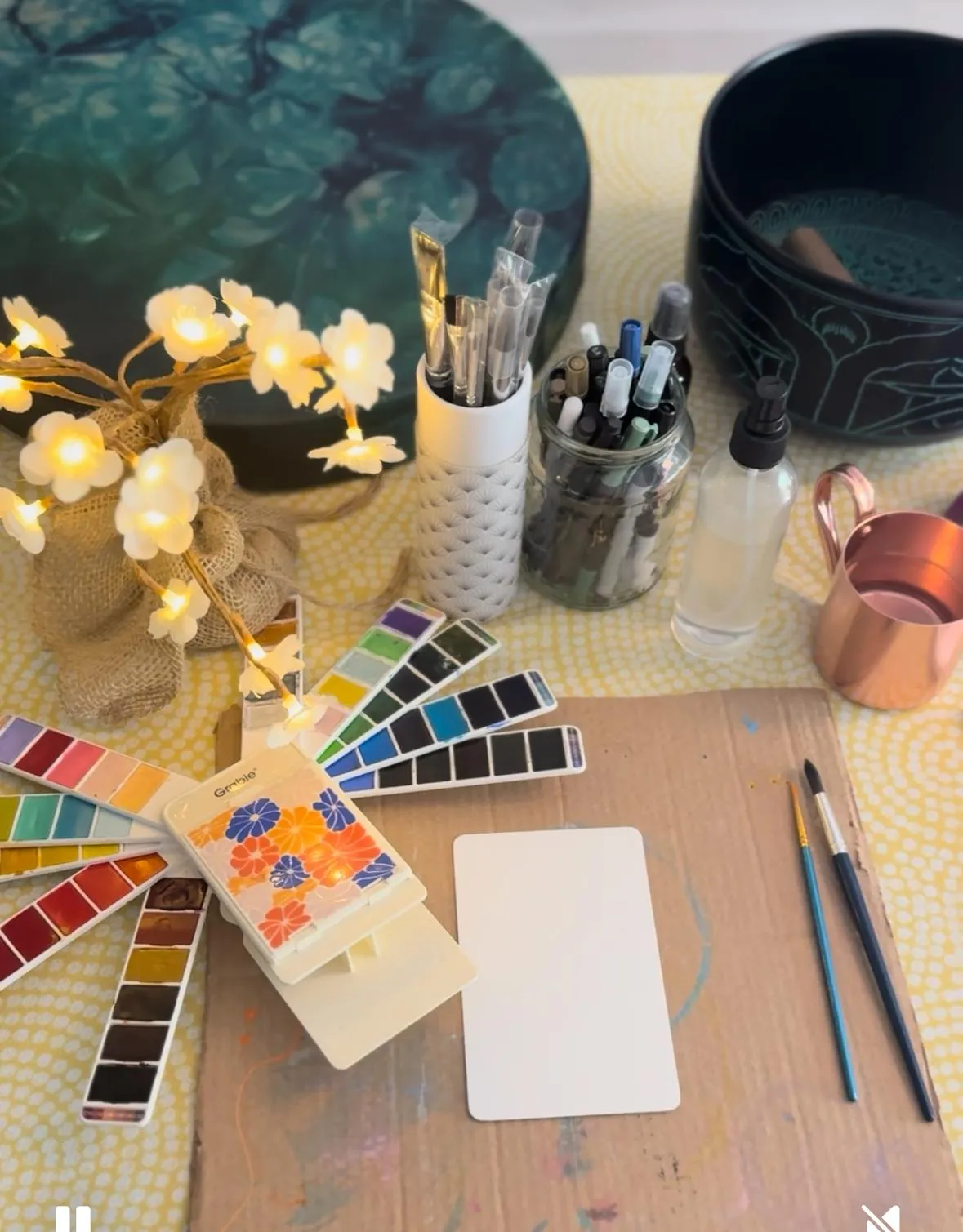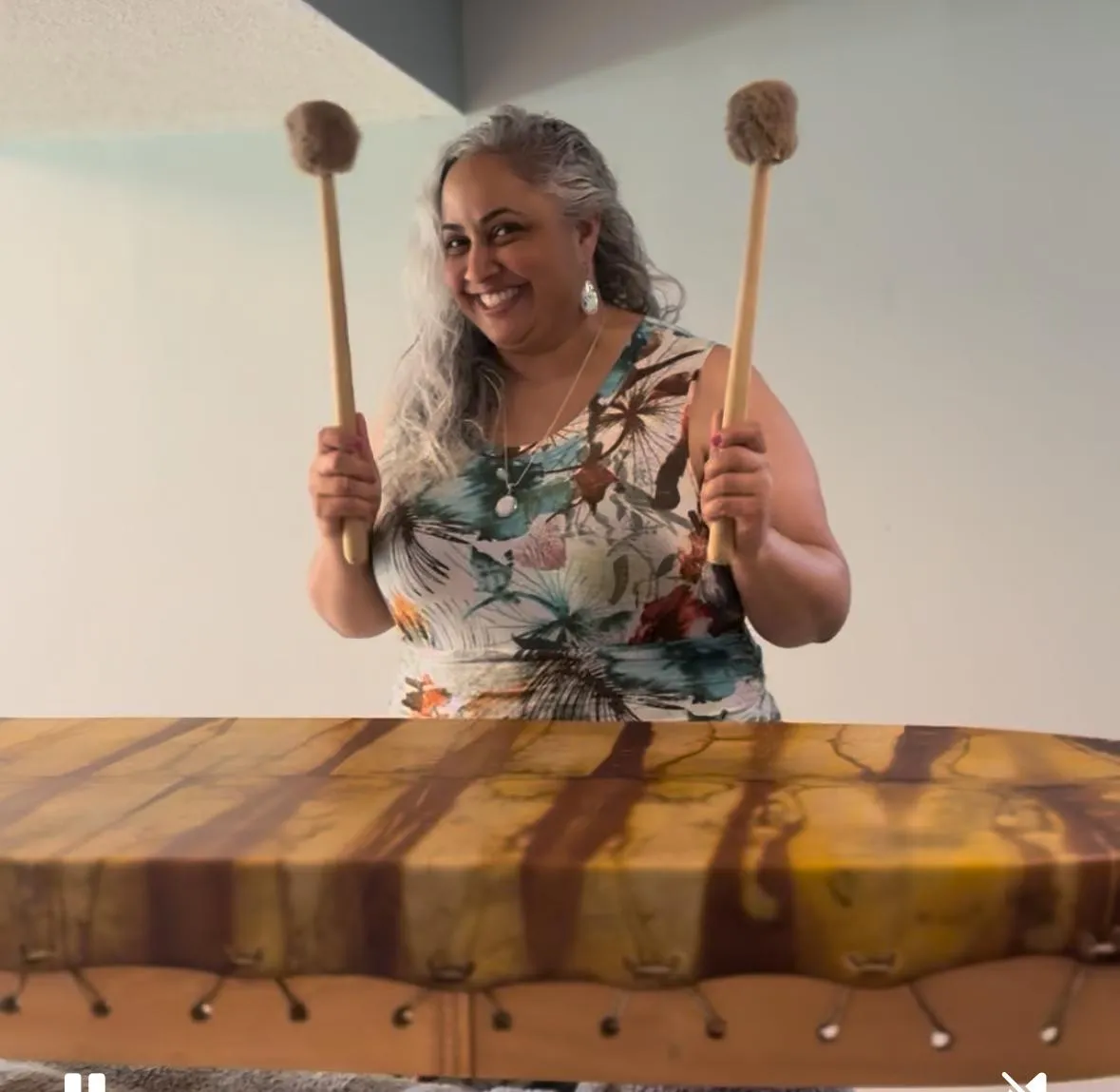Energy Alchemy: Where Energy Meets Empowerment
“It’s good to be a seeker, but sooner or later you have to be a finder. Then it is good to give what you have found as a gift into the world for whoever will accept it.” – Jonathan Livingston Seagull
Energy Medicine
At TASGM, we work with seekers, those who feel the pull toward something greater, who are searching for clarity, peace, or purpose. Through creativity, therapeutic art, and soul alignment coaching, I guide you beyond the noise of doubt, trauma, or life’s challenges into a place of discovery.
Often, what you uncover isn’t always what you thought you were looking for but it’s something deeper, something truer, something you’ve always carried within you. Together, we cleanse what no longer serves you, align with your authentic self, connect with your inner wisdom, and reclaim the gifts that are meant for you.
Our work blends the healing power of the arts with mindfulness, energy practices, and compassionate coaching. Each session becomes a bridge between seeking and finding, so you can not only rediscover your light but also shine it into the world as a gift.
Your journey doesn’t end with seeking—it begins when you find yourself, and from there, the universe opens.
Through creative exploration, therapeutic art practices, and holistic coaching, we move beyond the cobwebs of trauma, doubt, or overwhelm and uncover the gifts waiting within.
With a blend of arts, mindfulness, and energy work, we guide you to:
*Cleanse what no longer serves you
*Align with your authentic self
*Connect with your inner wisdom
*Reclaim your light and gifts
The process is not about becoming someone new, it’s about remembering who you already are and allowing that brilliance to shine into the world.
✨Because your journey doesn’t end with seeking t begins when you truly find yourself.
Energy Medicine
Energy medicine is a deeply restorative and heart-centered practice that works with your body’s subtle energy systems to clear stagnation, release emotional blockages, and awaken your inner capacity to heal. Think of it as a massage for the soul, a full-body exhale where you finally come home to yourself.
At TASGM, we weave together intuitive healing techniques that include Drum Medicine, Reiki (Level I & II instruction also available on separate and specific days), Integrated Energy Therapy (IET), and my own signature modality: SHEB – Self Healing Energetic Boost, a custom energetic tune-up designed to bring clarity, peace, and alignment.
Sessions often include chakra balancing, aura cleansing, breathwork, guided visualizations, and gentle journaling allowing the mind, body, and spirit to move in harmony. Along the way, you'll receive soul-led education to better understand your energetic patterns and how to maintain balance in everyday life.
In place of “spiritual coaching,” I offer what I call soul guidance, a nurturing, grounded approach to helping you reconnect with your inner wisdom, intuition, and personal truth. It’s not about fixing you, it’s about walking beside you as you remember who you are.
Whether you’re feeling emotionally overwhelmed, spiritually stuck, or simply craving peace, searching for truth, energy medicine offers a pathway to release, renewal, and rooted transformation.
What is Reiki?
Reiki is a form of energy healing that originated in Japan. The word "Reiki" is derived from two Japanese words: "rei," which means "universal," and "ki," which means "life energy" or "vital energy." Reiki practitioners believe that this life energy flows through all living things and that disruptions in its flow can lead to physical or emotional imbalances. During a Reiki session, a practitioner uses their hands to channel this energy into the recipient's body, promoting relaxation, stress reduction, and healing. Reiki is often used as a complementary therapy alongside traditional medical treatments.
Reiki is a gentle and non-invasive energy healing practice that does not claim to cure or heal specific medical conditions. Instead, it is believed to support the body's natural ability to heal itself. Many people find that Reiki helps them to relax, reduce stress, and promote a sense of well-being. It is often used as a complementary therapy alongside conventional medical treatments. Some of the ways in which Reiki is thought to help include:
1. Relaxation: Reiki can induce a state of deep relaxation, which may help reduce stress and tension.
2. Pain Relief: Some people find that Reiki helps to alleviate pain, although it is not a substitute for medical treatment.
3. Emotional Healing: Reiki is believed to help release emotional blockages and promote emotional balance.
4. Improved Sleep: Many people report improved sleep quality after receiving Reiki treatments.
5. Enhanced Well-being: Reiki is thought to promote overall well-being by balancing the body's energy centers (chakras).
6. Support during Illness: While Reiki does not cure illness, it is said to provide comfort and support during times of illness or recovery.
7. Stress Reduction: Reiki may help reduce stress levels and promote a sense of calm and relaxation.
It's important to note that the effectiveness of Reiki can vary from person to person, and it is not intended to replace medical treatment.
Book a Single Energy Healing Session
Book a Packaged (5) Energy Healing Session
Not sure yet? Book a Complementary 15 minute Consultation by reaching out to us [email protected]
*Must be 18 or older for sessions. Under 18 must be accompanied & have permission from parent/guardian
Disclaimer
Therapeutic Arts Science & Growth Mindset (TASGM) and its content are provided for educational and informational purposes only, focusing on creative expression, personal development, and holistic well-being. We are not medical professionals, and our offerings are not intended to diagnose, treat, heal, or prevent any physical, mental, or emotional condition. TASGM does not make medical claims, nor do we offer pharmaceutical advice.
If you or anyone you care for are experiencing a medical emergency, need a professional diagnosis, or require therapeutic or psychiatric support, we strongly recommend seeking help from a licensed healthcare provider, mental health professional, or calling your local emergency services.
